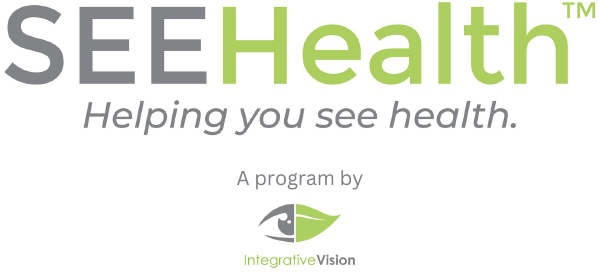INTEGRATIVE VISION
Core Eye Care
Core eye care is fundamental.
Both children and adults need routine eye exams even without complaints. This is important even if you have good eyesight, to protect your vision and detect potential trouble before it occurs.
The American Optometric Association (AOA) recommends children have their eyes examined at six months, three years, at the start of school, and every two years until age 18. Vision screenings provided by pediatricians do not address the whole visual system and can often miss problems that could be corrected with early intervention. Therefore, it is important for children to get a thorough eye exam. We offer eye exams starting at age five.
Annual eye exams are recommended for adults to detect any current or potential eye health issues and to slow or halt progression of symptoms, including vision loss. The earlier the detection gives the best chance for better outcomes.
However, it can be beneficial for adults to be evaluated more regularly due to:
- Family history of any eye problems (macular degeneration, glaucoma, diabetic retinopathy), especially if they are early onset
- Personal history of risk factors such as diabetes, high blood pressure, neurologic disorders
- Occupational hazards or exposures
- Digital eyestrain and headaches
- Certain medications
What can you expect from a comprehensive eye exam?
All exams begin with a discussion about you – your health and medical history, daily life, current problems, medications, etc. Then the doctor performs a thorough examination of your eyes from the outside in, using magnification and light with photography.
Some additional tests may be recommended based on your personal history and/or initial exam outcome. These include:
- Visual acuity to assess the sharpness of your vision
- Visual fields test to check for blind spots in your vision
- Retinoscopy to estimate your eyeglass prescription
- Refraction to determine your exact eyeglass prescription
- Slit lamp to check for common eye diseases and conditions
- Retinal photo screenings to test for the health of the back of the eye
- Tonometry to test for glaucoma
- Ophthalmoscopy to examine the optic nerve, retina, and blood vessels and retinal tissues
Contact Lens Evaluation
If you are currently using, or interested in contact lenses, please let us know when you schedule your appointment, as this requires further evaluation and is not included in a comprehensive eye exam.
Dry Eye Evaluation
Tears are necessary for healthy eyes. When you don’t produce enough tears naturally, you may have a condition called dry eyes. While there is no cure, there are ways to help depending on your needs, such as artificial tears drops and ointments, temporary non-dissolving punctal plugs, prescription medication, and/or supplements.
If you are interested in treatment for dry eyes, please let us know when you schedule your appointment.
Integrative Approaches
If you are interested in learning more about our integrative approach to eye care, including functional medicine and nutrition services, please let us know when you schedule your appointment.
